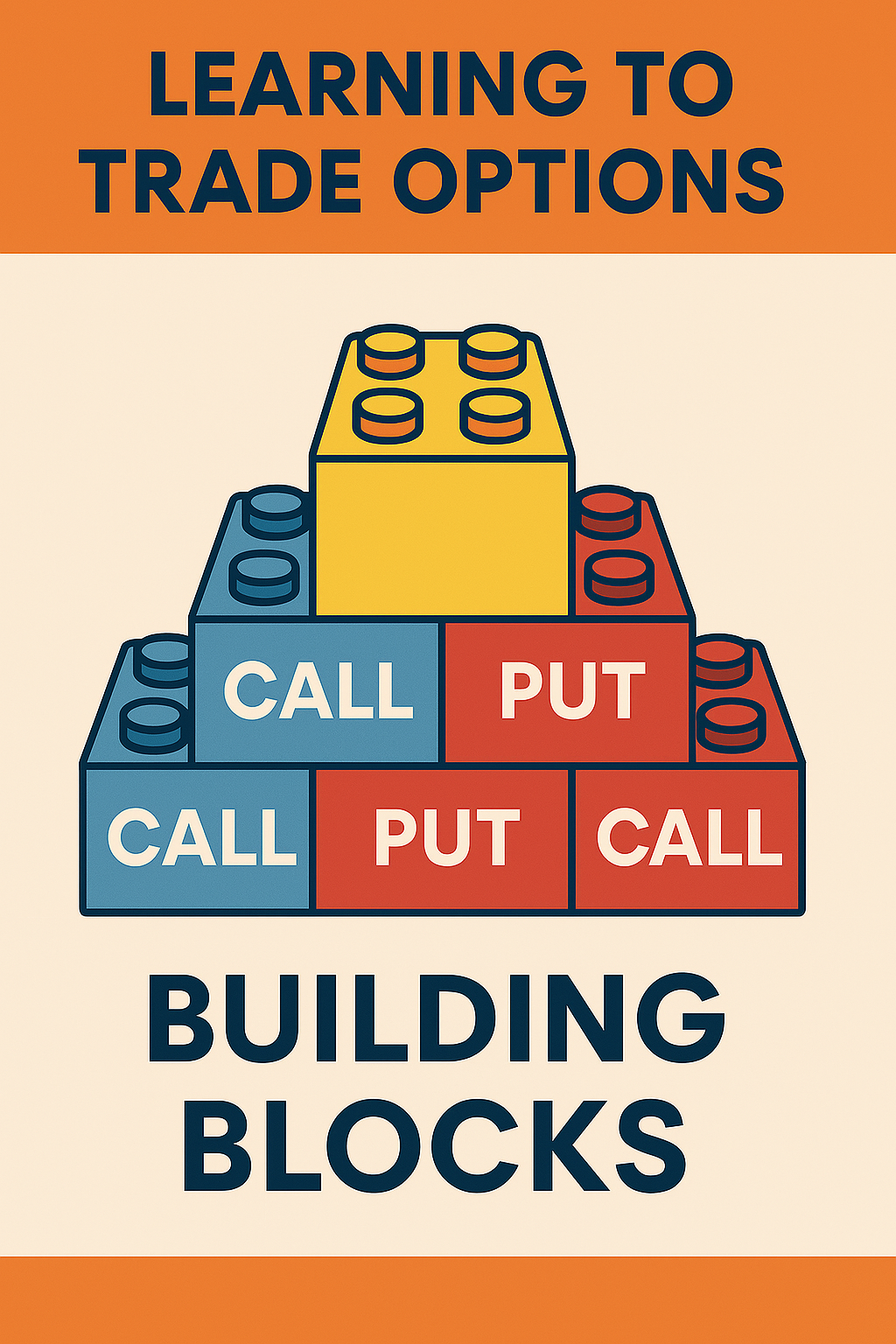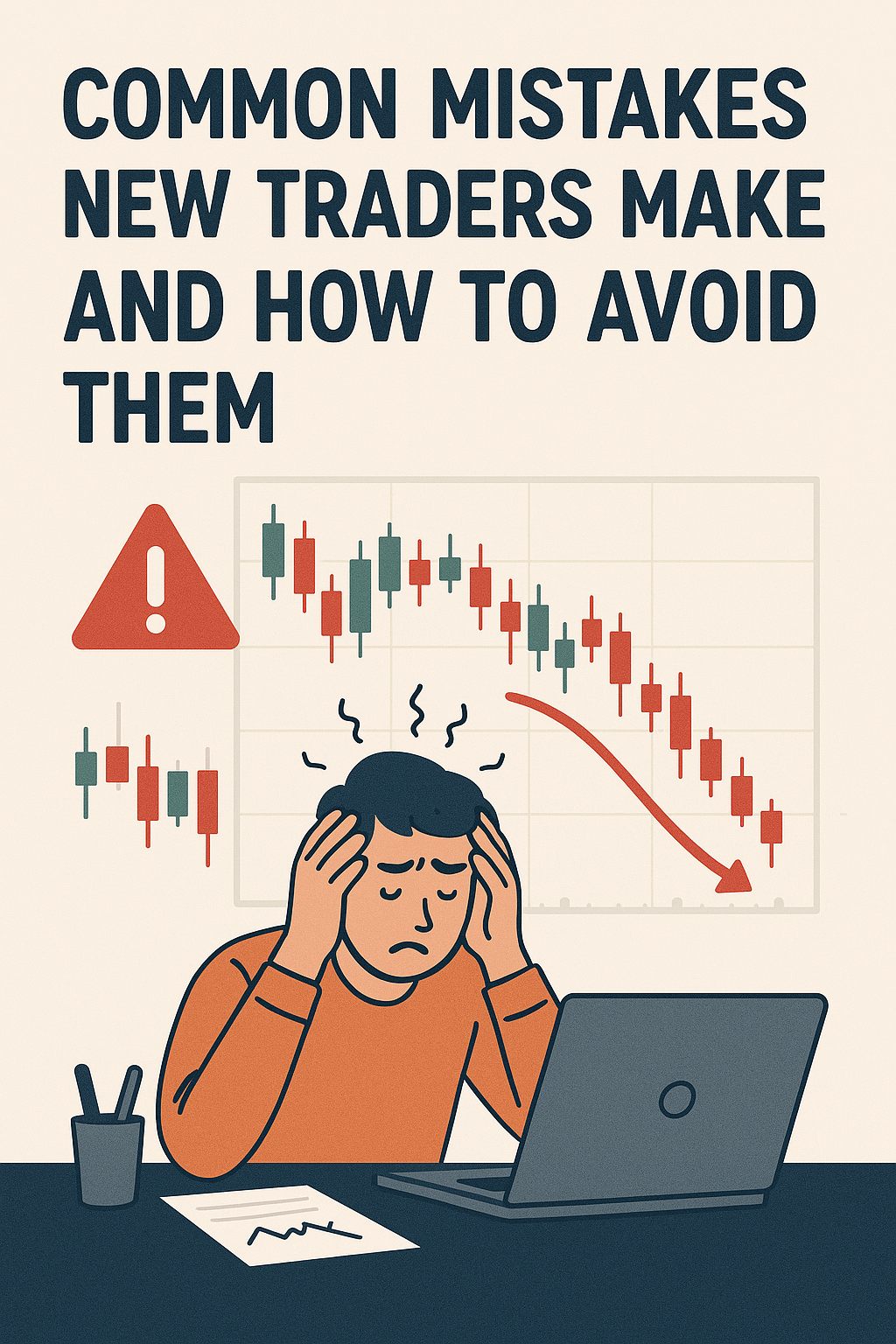Understanding the Trading Education Landscape
Today’s trader has many different ways of trying to learn to trade. One mistake I made in 2018 when I started learning how to trade was not doing enough research on the options available at that time. Today evaluating all the different options available is even more important than ever as the trading education landscape has evolved significantly in recent years, largely due to the rapid growth of technology and the internet, making information more accessible than ever. Aspiring traders now have an abundance of resources at their fingertips, including courses, You Tube videos, webinars, books, and mentorship programs. While this wealth of information can be beneficial, it also creates challenges, particularly in discerning credible educational platforms from those that are less trustworthy. In addition many of these trading educational programs can be quite expensive so deciding if they are a good value can be somewhat difficult when one takes into account that with some effort you can learn how to successfully trade without spending large sums of money. The money saved on expensive trading education could then be used to help fund their new trading account.
Various types of educational resources are available to new traders. Online courses often cover specific trading strategies or market analysis techniques and can be structured to cater to different skill levels. Webinars, meanwhile, offer live interaction with experienced traders, providing participants the opportunity to ask questions and receive immediate feedback. Books can be a valuable resource as well, offering comprehensive insights into trading psychology, market behavior, and practical strategies. Mentorship programs can also be advantageous, giving new traders personalized guidance from seasoned professionals who have navigated the markets successfully. Some programs will combine different aspects of these learning tools with classes, live trading rooms, and a online trading community as part of their services.
However, new traders must be discerning when evaluating these resources. The credibility of trading education providers varies significantly. Some platforms employ marketing tactics that may mislead prospective students about their potential profitability or the simplicity of making money in trading. It is crucial to differentiate between genuine education aimed at empowering traders and mere marketing hype designed to sell courses without delivering substantial value. As you evaluate these programs clearly there are some very effective marketers and many different sales tactics employed to get you to sign up for their program, trading system or “new” indictor, so due diligence is needed to avoid wasting your money.
Furthermore, the increasing prevalence of online trading academies can lead to an overwhelming amount of information, which can sometimes result in confusion or misinformation. New traders should approach their education with a critical eye, focusing on evidence-based practices and reputable sources to guide their trading journey. Understanding these dynamics is essential in navigating the complex world of trading education successfully.
Common Red Flags in Trading Courses and Workshops
When entering the world of trading education, it is essential for prospective students to be vigilant and aware of certain red flags that may indicate a less-than-reputable program. One prominent warning sign is the promise of unrealistic financial returns. If a course guarantees that students will achieve substantial profits in a short timeframe with little risk, it should be approached with skepticism. The financial markets are inherently volatile, and any course suggesting otherwise is likely promoting an overly optimistic narrative.
Additionally, high-pressure sales tactics are a common occurrence in trading education. These tactics may involve aggressive marketing strategies that pressure potential students to enroll quickly, often with limited-time offers that imply a fear of missing out. A reputable educational program should provide ample time for decision-making, allowing students to conduct thorough research rather than succumbing to impulsive choices. Personally I believe that any online trading program, alert service, etc. should have a low cost or short term trial period so you can fully evaluate what they offer before spending what can easily be $1000 or more for a one year subscription to their service.
A lack of transparency regarding teaching methodologies is another critical red flag. Potential students should inquire about the background and qualifications of the instructors, as well as the course content. Programs that do not clearly outline their teaching approach or fail to provide details about previous student success rates may not be trustworthy. It is advisable to seek out reviews and testimonials from former students to gauge the effectiveness of the program and to validate the claims being made.
Furthermore, the prevalence of ‘get-rich-quick’ schemes within the trading education community should not be overlooked. When courses make it sound too easy to become wealthy through trading, it is often a tactic to lure individuals into spending their money without a solid foundation in trading strategies. The best path to success in trading is built on education, discipline, and experience rather than empty promises. Conducting thorough research and staying alert to these red flags is crucial in making informed decisions about your trading education.
Evaluating the Value of Trading Education Programs
As the demand for trading education continues to rise, new traders must approach this investment with a critical eye. The first step in evaluating the value of trading education programs is to examine the curriculum. It is essential to ensure that the material taught is not only comprehensive but also practical. Look for programs that cover key aspects of trading, such as technical analysis, risk management, and market psychology. A well-rounded curriculum will prepare new traders to navigate the complexities of the market effectively.
Another critical factor to consider is the qualifications and experience of the instructors. It is advisable to choose programs led by professionals who have a proven track record in trading. Assessing the level of expertise and the real-world experience of the instructors can provide insights into the quality of the education being offered. Prospective students should seek information about the instructors’ backgrounds, such as their trading history, industry affiliations, and published materials, to gauge their authority on the subject matter.
Moreover, the provision of ongoing support or mentorship post-course can significantly enhance the value of a trading education program. New traders should inquire whether the program includes access to a community, forums, or additional resources that offer continued learning opportunities. This support can be especially beneficial during the transition from theory to practice, as trading is a continuously evolving field. Yet at the same time be wary of courses or communities are more focused on upselling you additional courses, indicators, etc. after drawing you in with some sort of “special pricing deal”.
Finally, it is prudent to explore free or low-cost resources that can provide valuable insights without a substantial financial commitment. Many online platforms offer free webinars, articles, and forums where traders can gain market knowledge at no cost. By taking advantage of these resources, new traders can supplement their education and make more informed decisions before investing in more expensive courses. I would even be so bold to say that with all of the information available for free on You Tube and through the internet one really should not need to pay for expensive trading education or courses. In future posts I will be highlighting some excellent free resources that can help teach a new trader what they need to know. One of my goals as I develop this website will be to essentially develop a trading curriculum using only free videos, etc. Then once you have saved your hard earned cash and have a solid foundation in trading knowledge you can better determine if paying for a course, trading community, indicator or group is even necessary.
Making Informed Decisions About Your Trading Education
As aspiring traders embark on their educational journey, it is crucial to make informed decisions regarding their trading education. The first step is to create a realistic budget specifically for education. This budget should consider not only the costs of courses and materials but also potential trading losses that could arise from inexperience. An effective budget allows new traders to delineate between essential educational expenses and unnecessary expenditures, thereby fostering a more prudent approach to trading investments.
Setting realistic expectations about learning timelines and potential outcomes is equally important. The world of trading is intricate and, often, complex. New traders should recognize that acquiring the requisite knowledge and skills is a gradual process. Engaging in realistic goal-setting can mitigate frustration and lead to more sustainable learning. For instance, understanding that mastering technical analysis may take several months can help manage expectations, leading to a more constructive learning experience.
As you begin to explore the wonderful world of trading it is vitally important to develop a personal trading plan prior to actually trading. This plan should outline individual trading goals, risk tolerance, and strategies that resonate with the trader’s financial situation. A well-defined trading plan not only enhances focus but also equips new traders to better evaluate the education they pursue and how it aligns with their personal trading objectives.
Additionally, new traders are encouraged to explore a variety of resources for further reading and community involvement. Engaging with forums, social media groups, and industry blogs can provide invaluable insights from seasoned traders and foster a sense of community. This proactive approach allows new traders to gain practical knowledge and real-world perspectives that can significantly complement more formal education options. Overall, empowering traders to take charge of their educational journey can lead to informed, confident decision-making in their trading pursuits.



